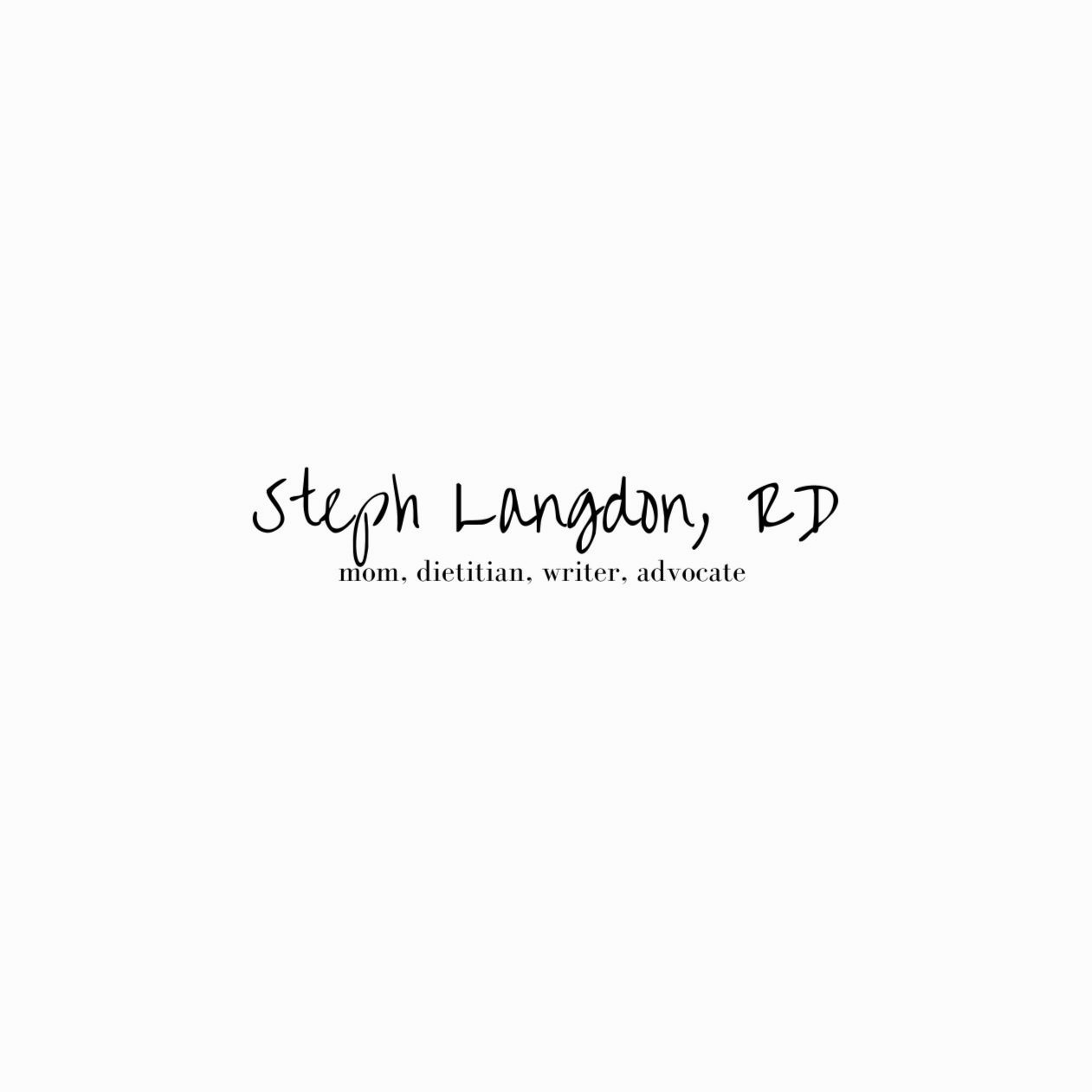David Wiss MS RDN
NUTRITION IN RECOVERY
for something nutrishus
David was recommended by one of my student volunteers as she was inspired by the cutting-edge work of this nationally recognized expert. Behavioural economics and habits have always intrigued me and I think something similar spurred David’s niche. We see many different paths within dietetics and from school to practice. Like David, I too took the leap right into private practice and like many other dietitians, he maintains his CPT credential. A challenge he faces is a reason this series exists, let’s tell the world what dietitians do and keep doing amazing things!
Why did you become a RD?
I had the personal experience of dietary change revolutionizing my entire life in my early 20s. I knew that the concept of “nutrition for mental health” was the future and that I wanted to be a part of it.
What area of dietetics do you work in?
Private Practice: Behavioral Health (Addictions, Eating Disorders, Body Image, Mental Health)
How would you explain what you do?
I work closely with individuals who are actively looking to improve their relationship with their food and body.
What are your ‘typical’ daily/weekly tasks?
I typically see 4-7 people per day in my office.
What has been your career path?
I went straight from graduate school and dietetic internship into private practice. It took about a year for my practice to fill up and I have not had a slow week since.
What advanced education or special training do you have?
I worked as a certified personal trainer during graduate school and have maintained that credential. Currently I am working towards my PhD in Public Health from UCLA.
In an ideal world, what does the industry look like 5 years from now?
The general public’s understanding of the link between gut health and brain health will be sufficient to get nutrition the respect it deserves.
What misinformation about RDs would you like to clear up?
People assume that RDNs are calorie counters and diet-prescribers. I do not do either one.
What would you like people to know about RDs?
RDNs are typically biased towards their own experience. An advanced practitioner will be able to set aside their personal preferences in order to provide unbiased treatment recommendations.
What are challenges you encounter as a RD?
People not knowing what an RDN is or does and needing to explain myself.
What do people think that you do for a living?
I think people automatically assume I do weight loss, as many people still assume that is what nutrition is about. The concept of “nutrition for mental health” has not gotten mainstream yet.
What are you passionate about in dietetics?
I am passionate about research, specifically on neuroscience and gut microbiome. I have several peer-reviewed articles and have a few coming in the near future.
What makes RDs unique/different from other nutrition/wellness professionals?
We are able to see the big picture based on our training.
What is your favourite meal?
I like to make fancy smoothie bowls at home, either for breakfast or dessert.
What tip(s) would you give to our readers?
Blaze a path that has not been blazed.
Anything else you’d like to add that you feel would be valuable:
Never forget that recovery is possible.
More about David:
Website: www.nutritioninrecovery.com
Instagram: @davidawiss
Twitter: @davidawiss
Facebook: Nutrition In Recovery
Thanks David!

